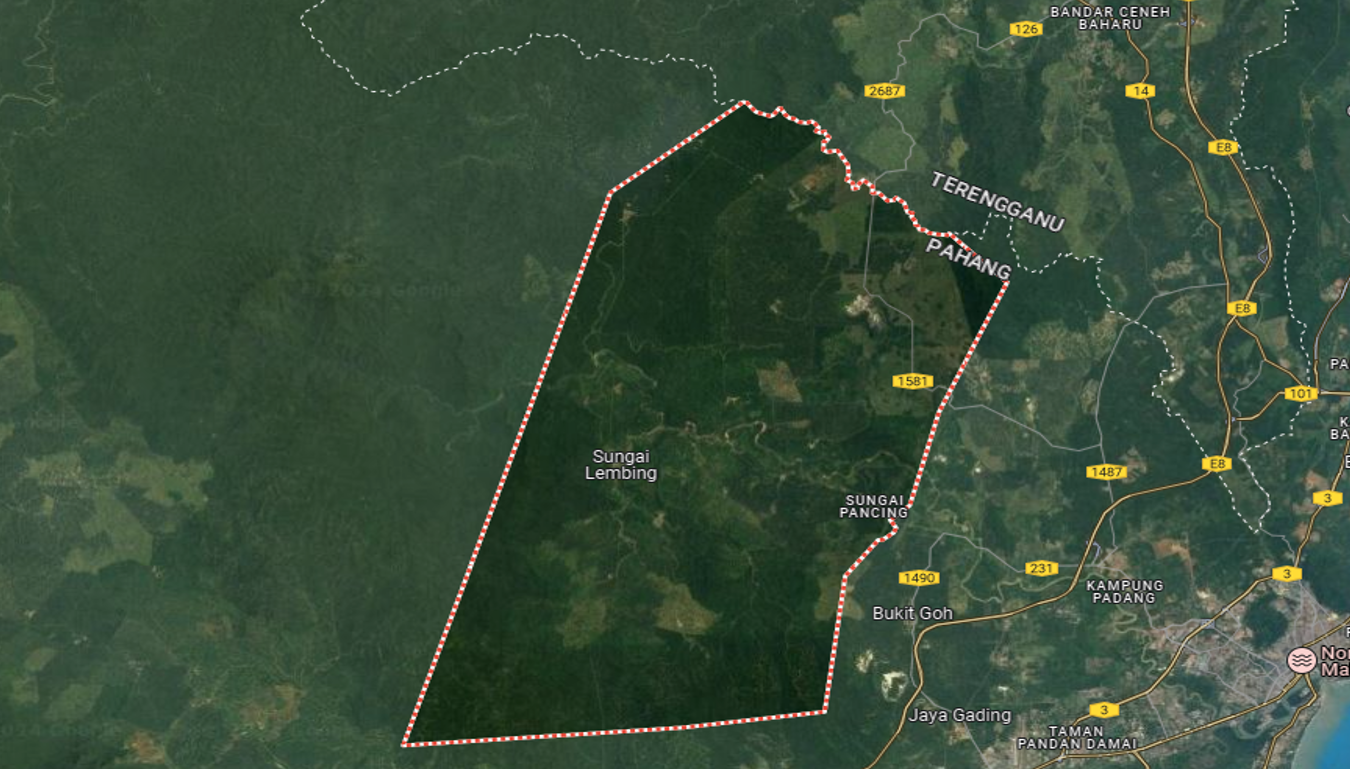一村一特色:马来西亚华人村镇 The Heart and Soul: Chinese Villages and Towns in Malaysia
缘起
全国华人文史醒觉与推广运动,此其时也,而华人文史醒觉运动必须从地方开始,由各地村镇投入,做好在地的文史收集和保存,久而久之,聚沙成塔,这些将会成为华人在这个国家的历史丰碑。全国华人文史醒觉之所以须在地方开始,主要是华人的历史文化,更多体现在地庶民的日常,政府官方所保有的是与国家相关重大事件的资料,而地方民众的生活和事件,内在发展的逻辑和思路,仍然保留在地方,有待我们进一步的挖掘和研究。故,新纪元大学学院东南亚学系特此设立马来西亚华人村镇信息网,以“一村一特色”为题,整理并归纳马来半岛各州属华人村镇的发展概括,其中包含各村镇的历史、社会、经济、信仰等资讯,盼为地方华人文史研究提供宏观视野,带动地方文史的探索风气。
This is the moment for Global Chinese History and Literature Awareness and Promotional Campaign. The campaign should start in villages and towns, collecting and preserving local history and literature, since the history and culture of the Chinese primarily presents the daily lives of the locals. While governments and official records preserve major events related to the nation, the lives, events, inner development of logics and mindset of the locals are preserved in specific places. Therefore, the abundance of information available in various local communities waits for our discovery and research. Over time, the collective effort will become a historical monument of Chinese in this country.
The New Era University College Department of Southeast Asian Studies builds the Malaysian Chinese Villages and Towns Information Network. Following the theme of “One village one feature,” we organize and categorize the summary of development of Chinese villages and towns in the Malay Peninsula. The information includes the village’s and town’s history, society, economy, religious beliefs and etc. We hope to provide a wider scope for local Chinese literature and history research, while promoting the interest of local literature and history exploration.
本网站建置维护部分经费及人力获得台湾“
© 2022-2023 Department of Southeast Asian Studies, New Era University College 新纪元大学学院东南亚学系 版权所有

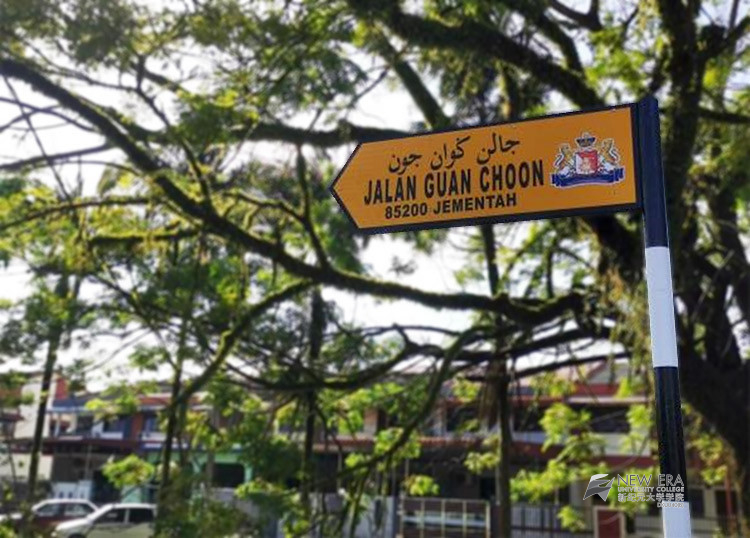
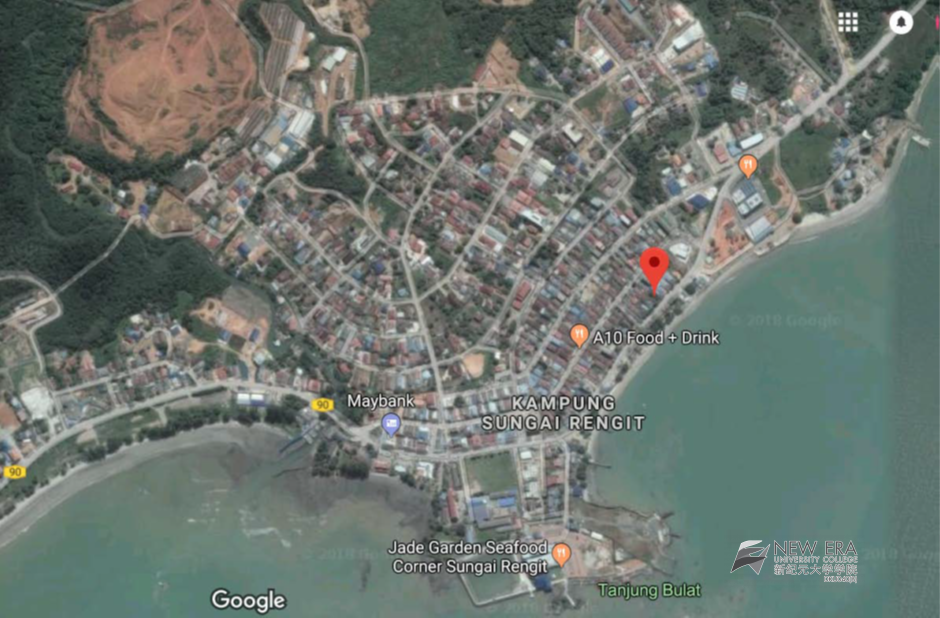


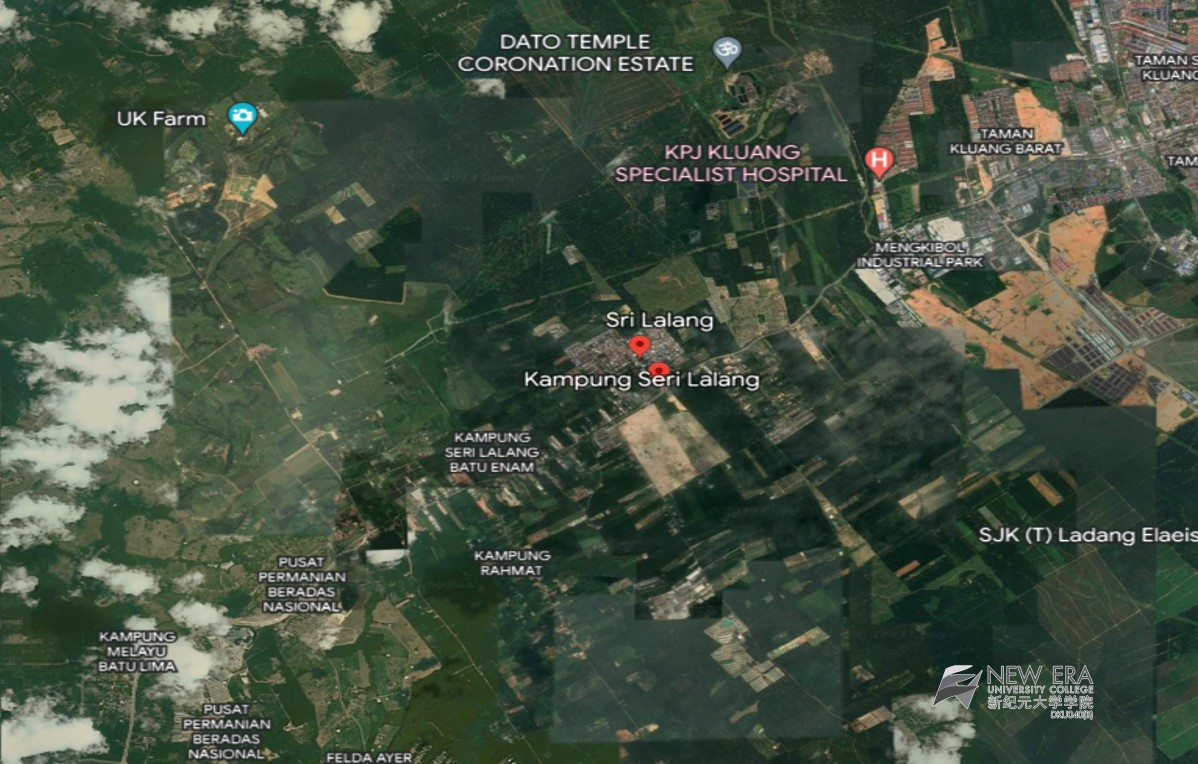

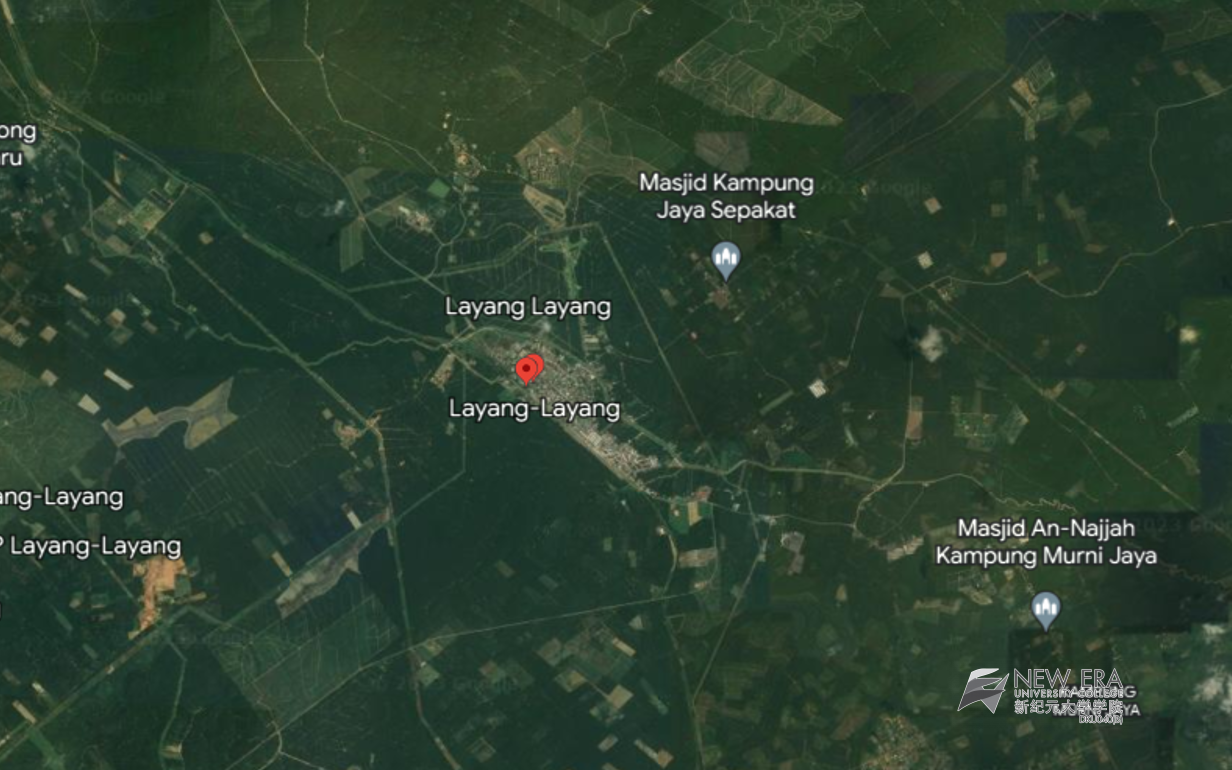
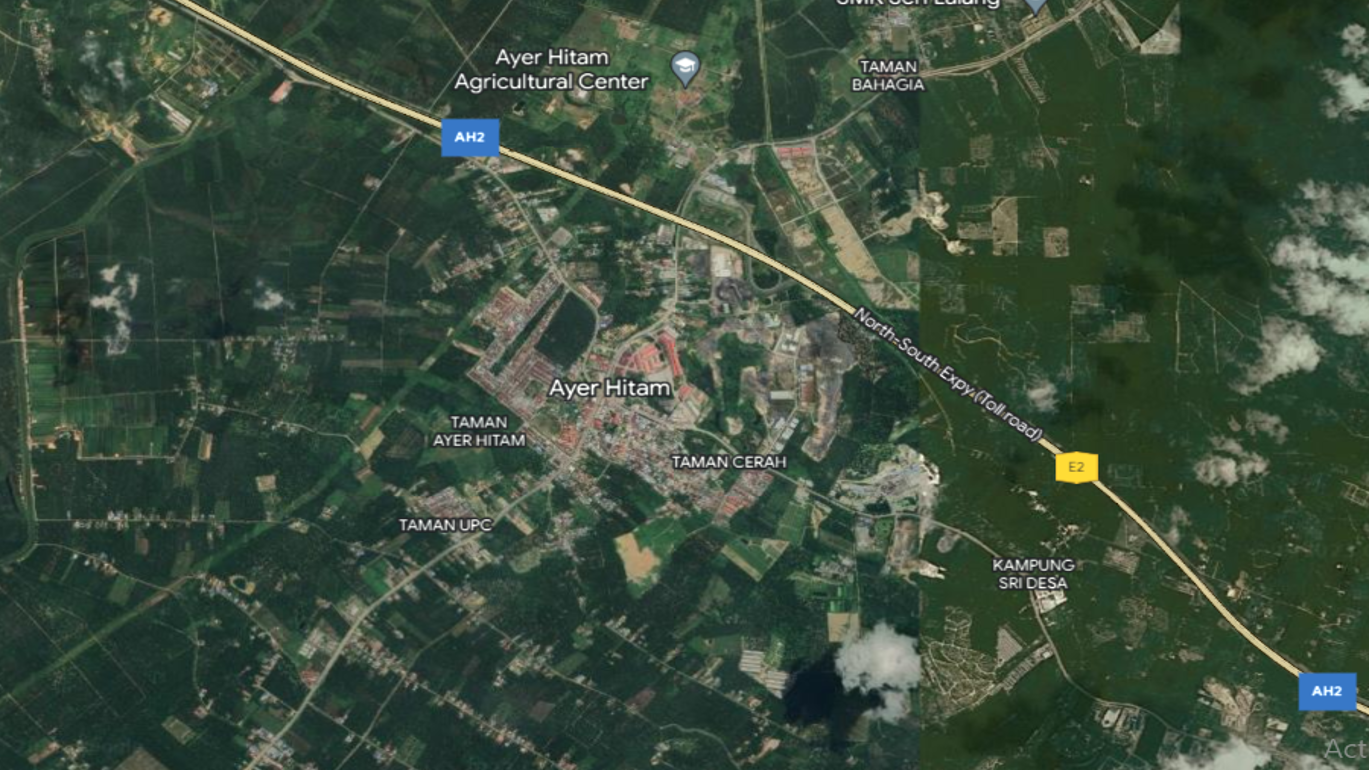
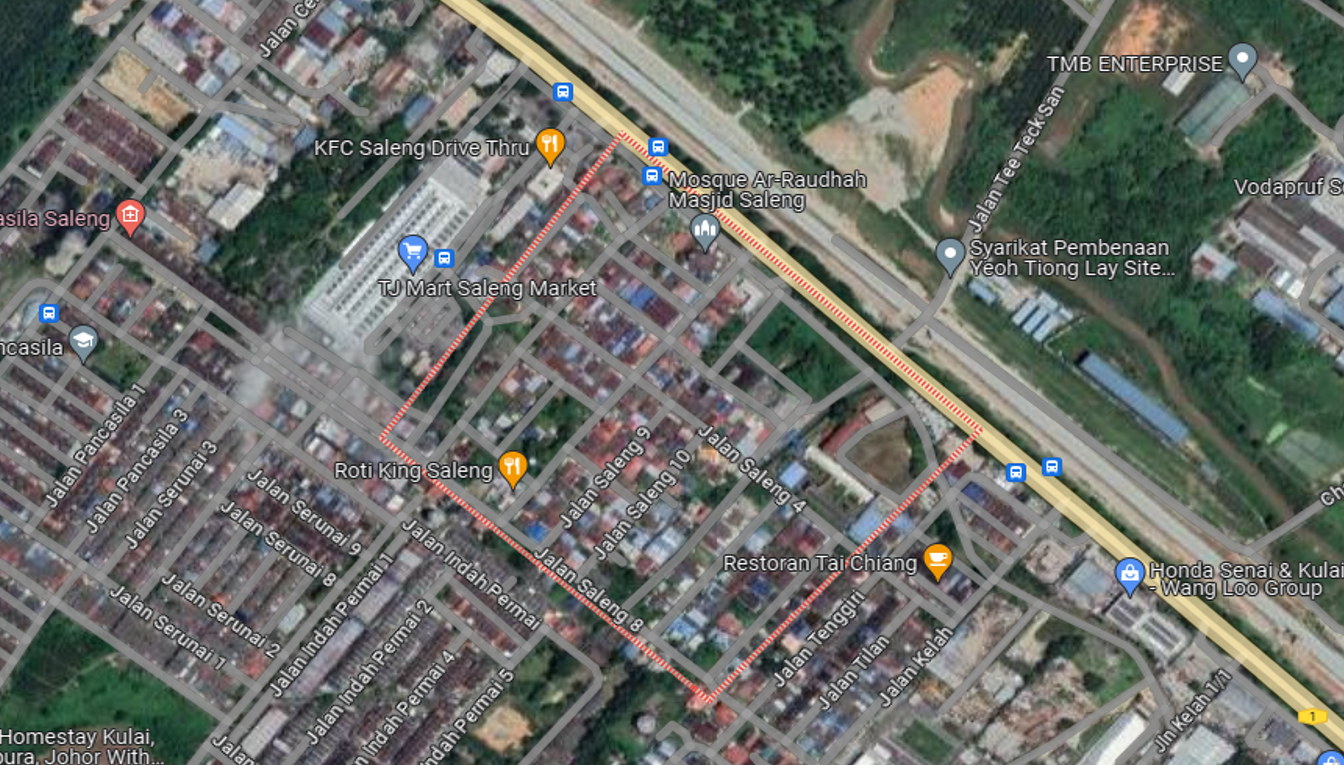
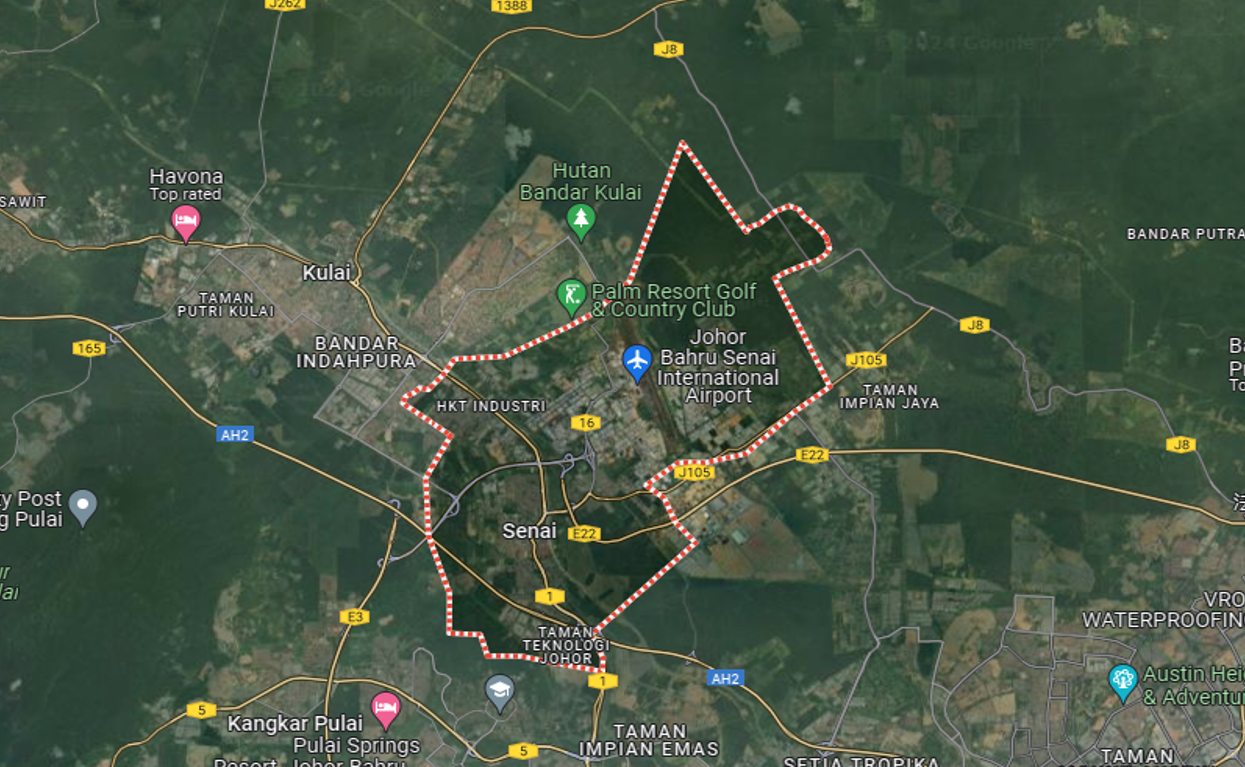
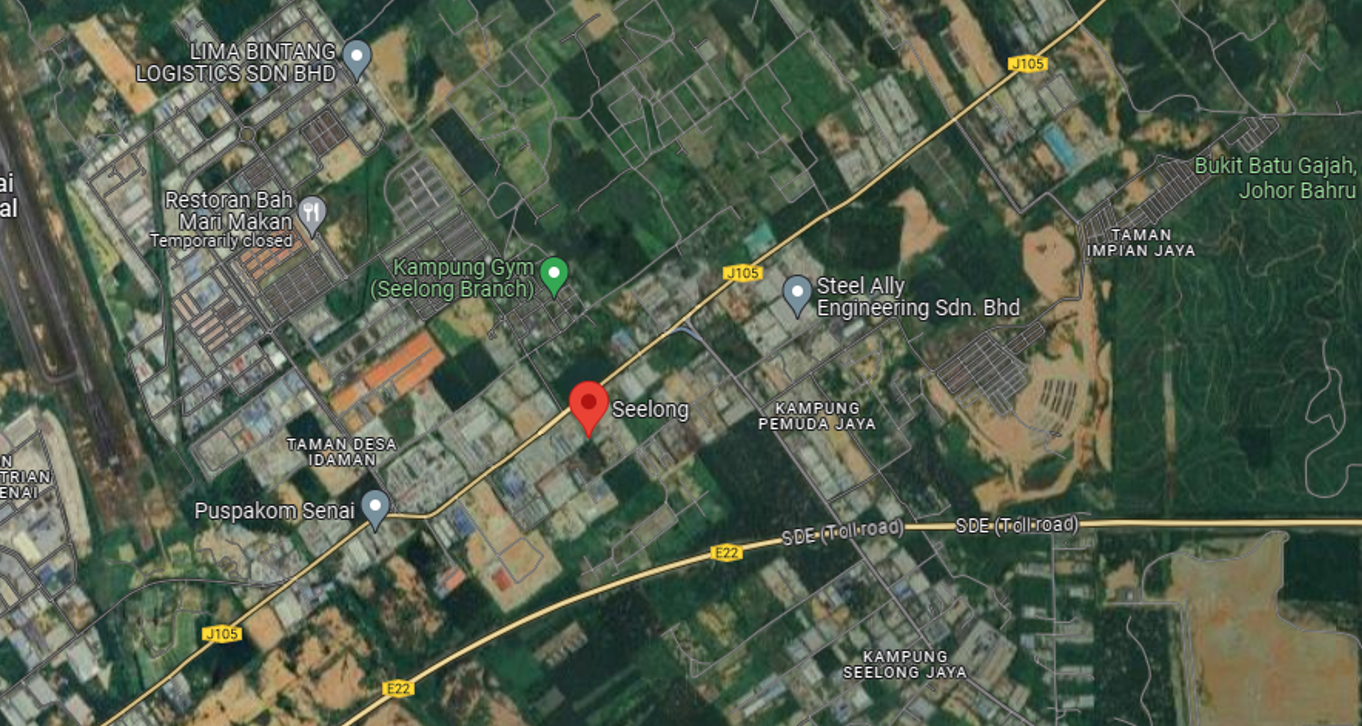
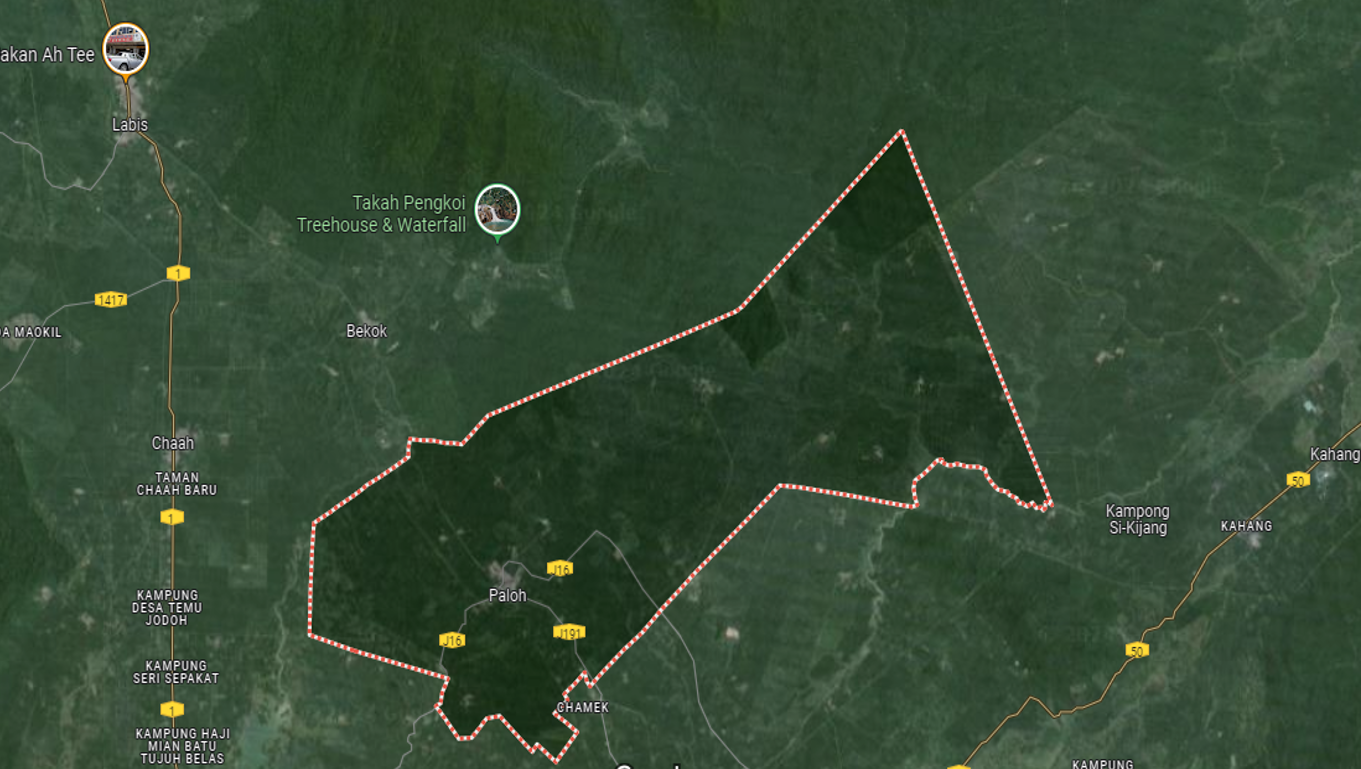

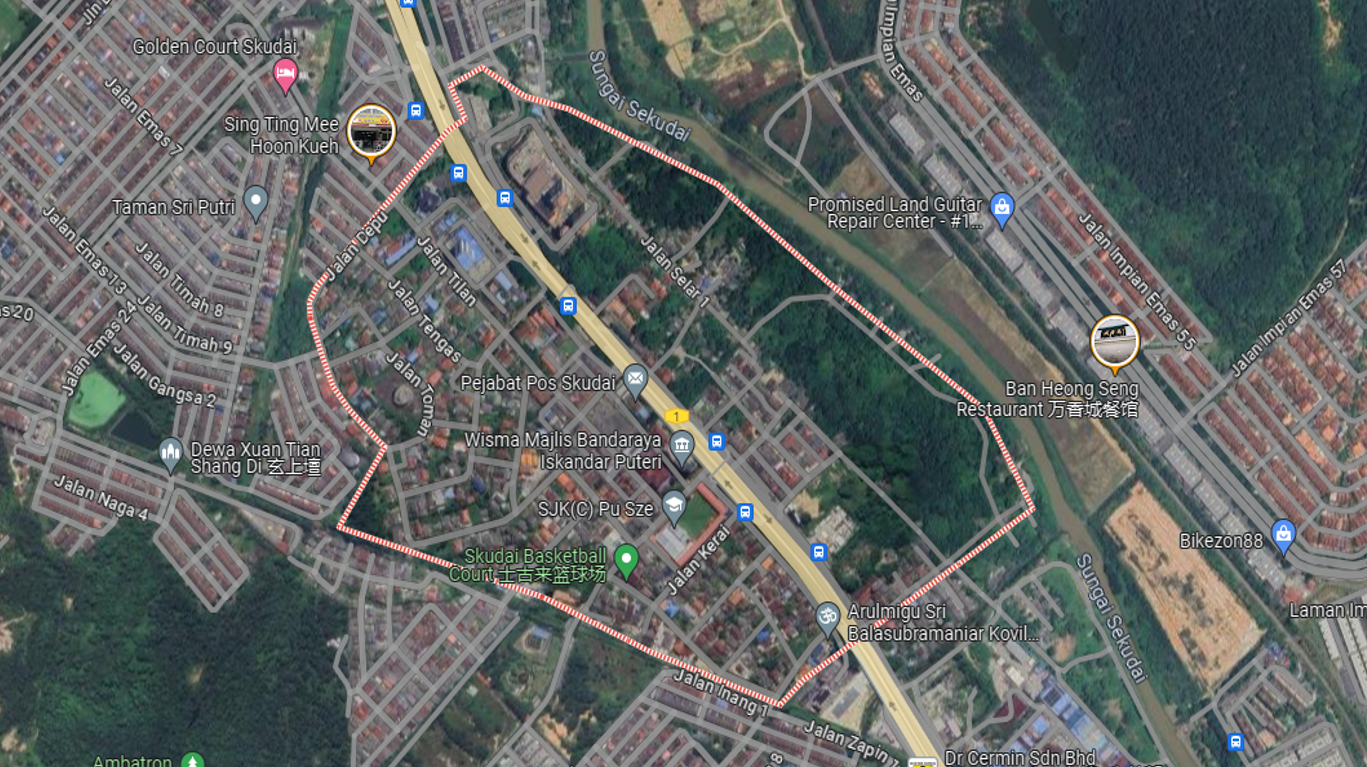


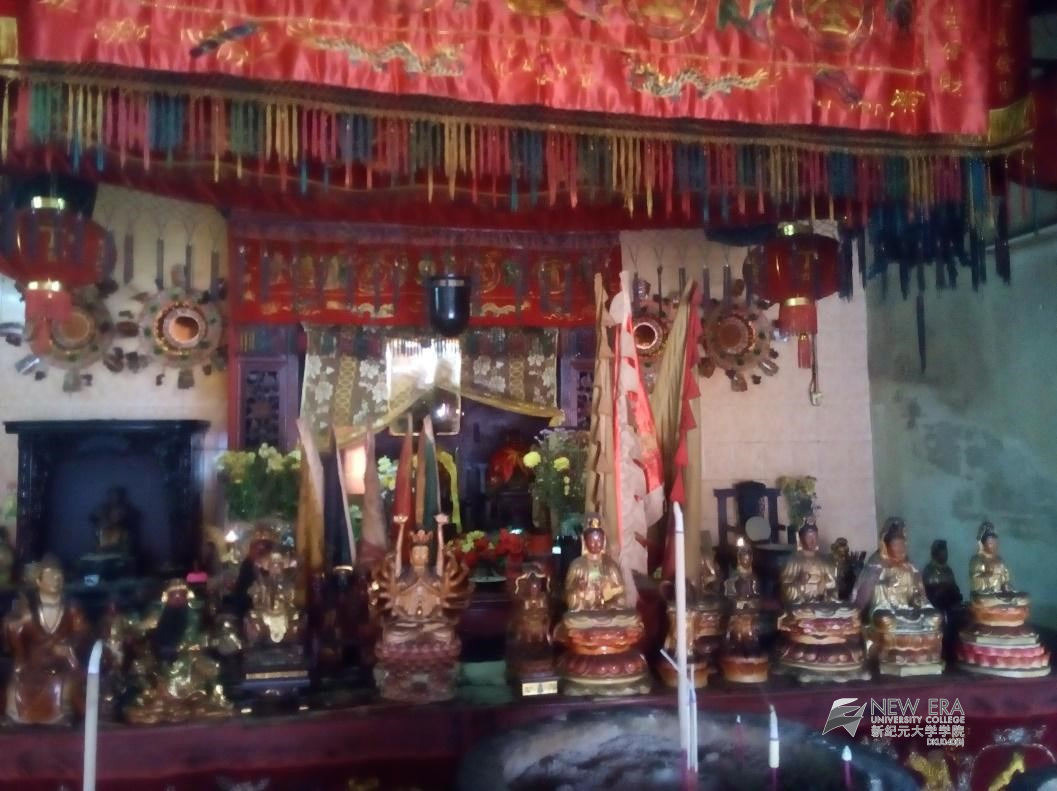


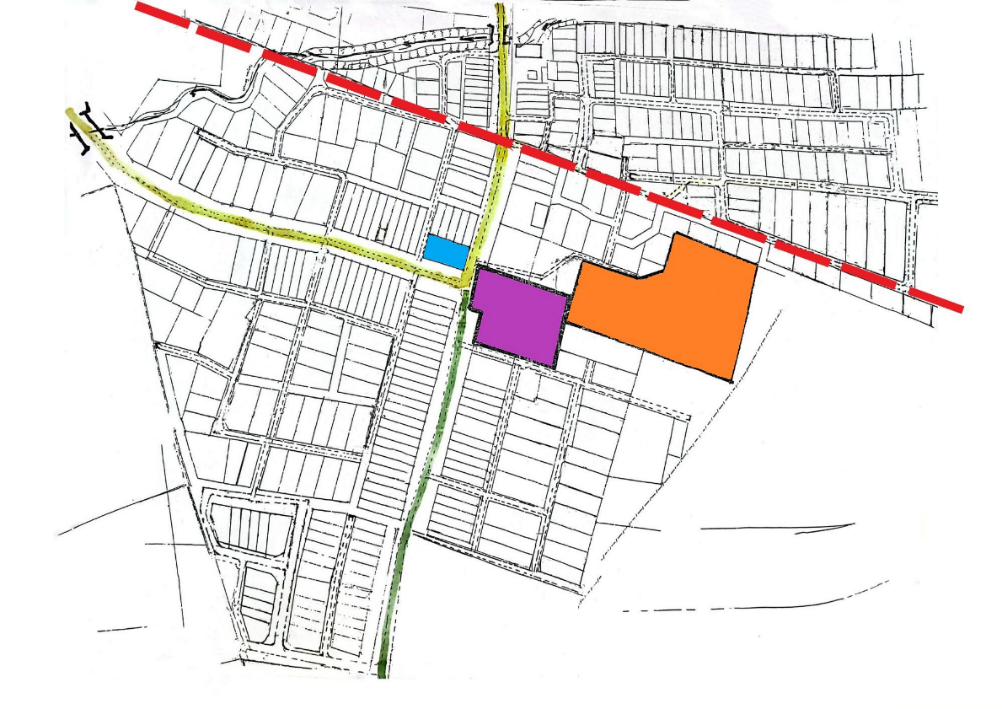

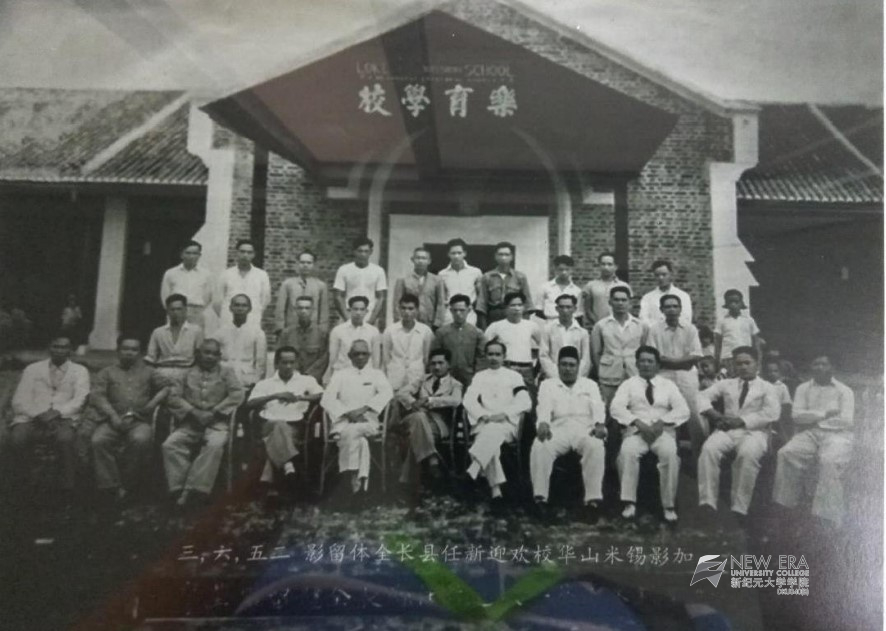
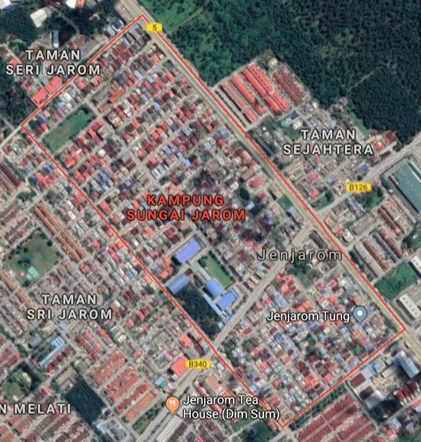
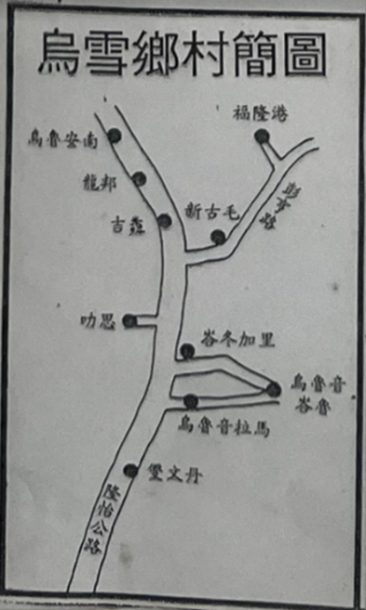
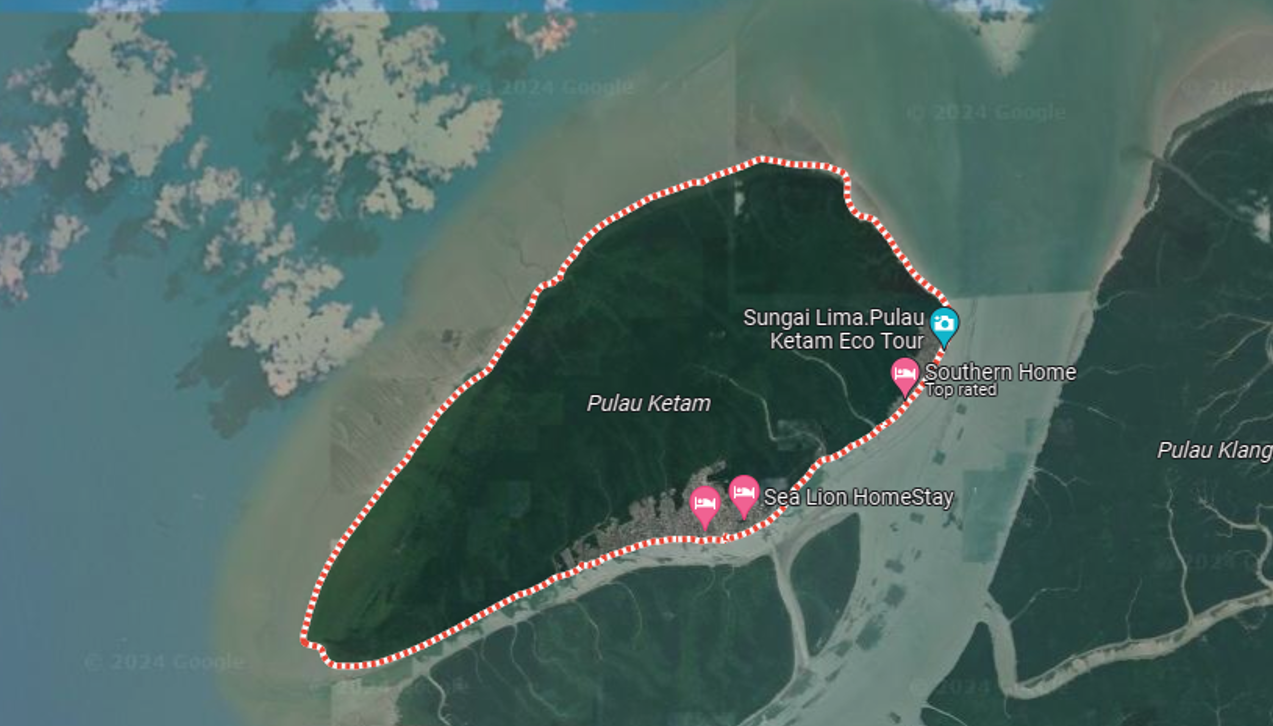
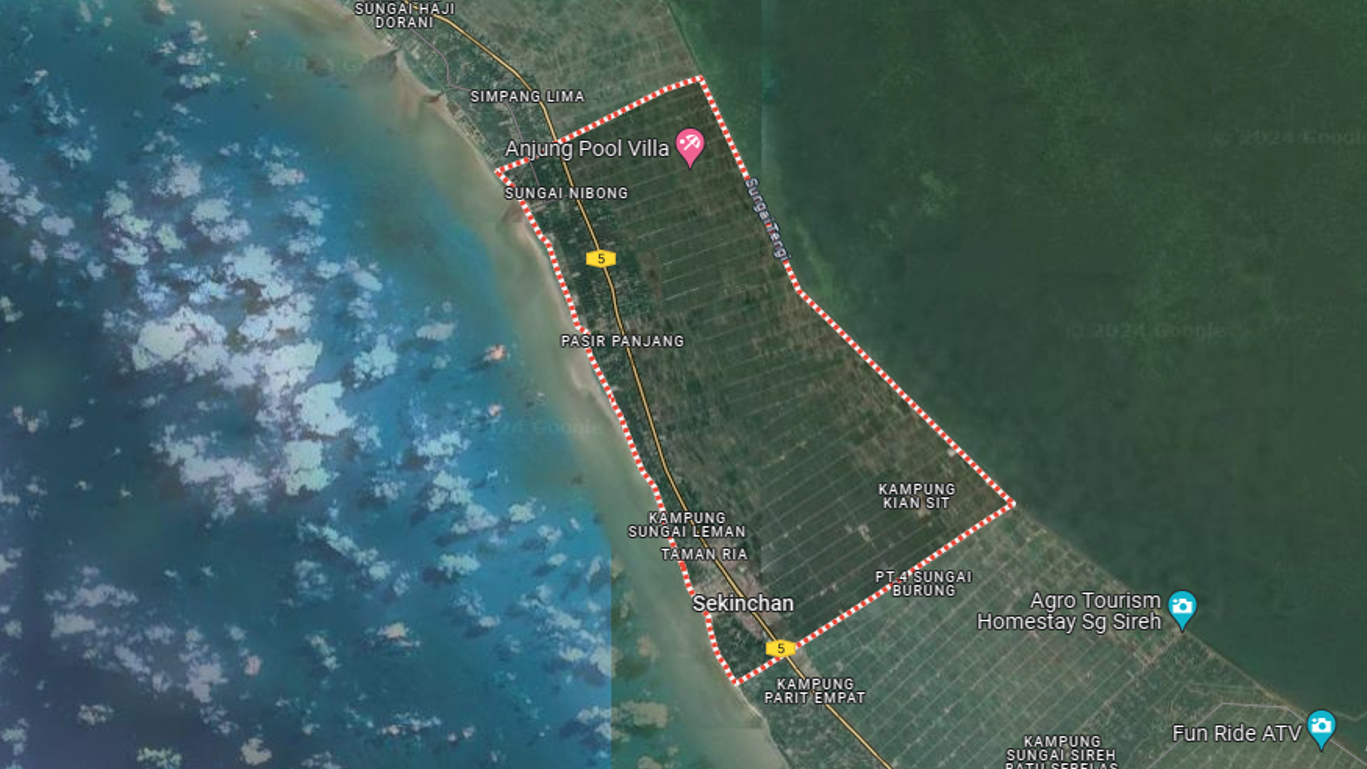
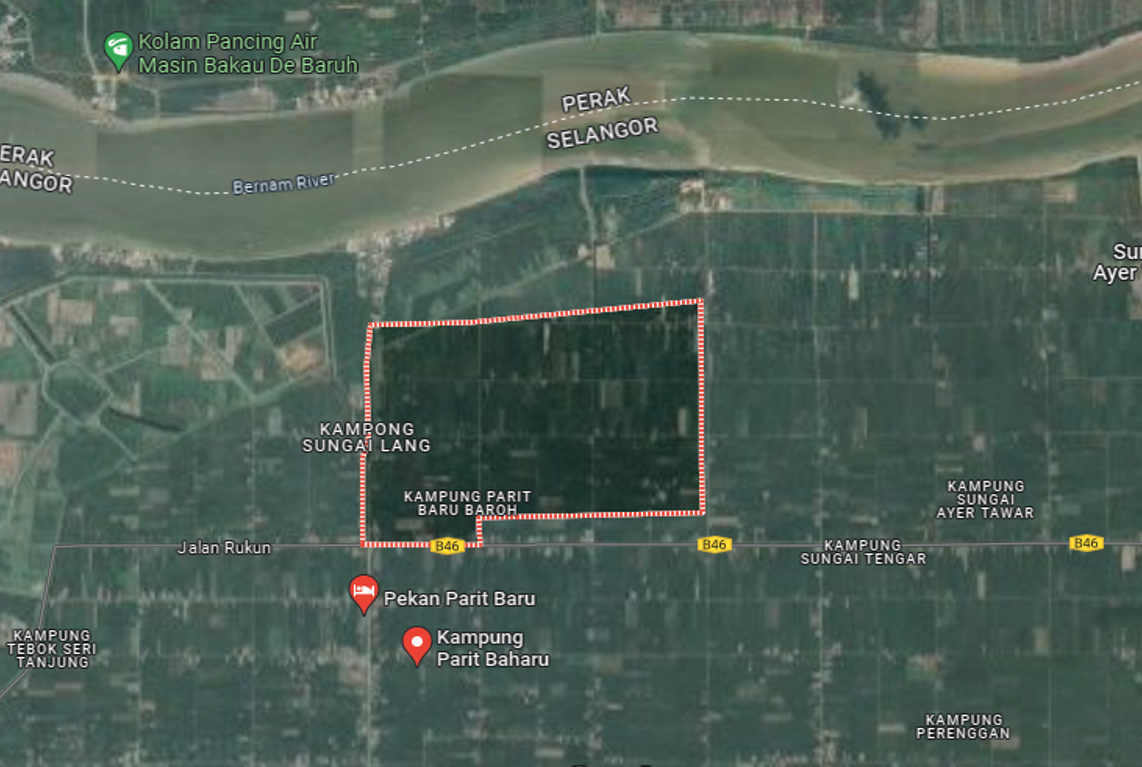
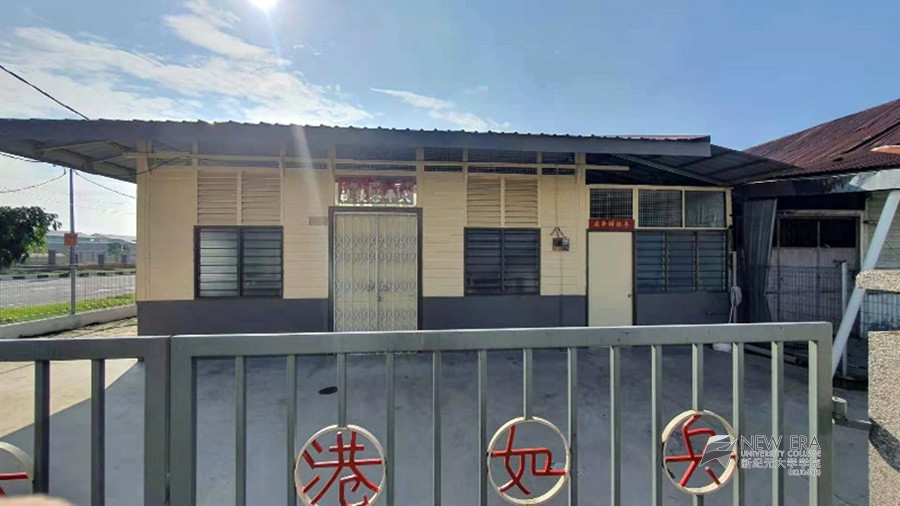
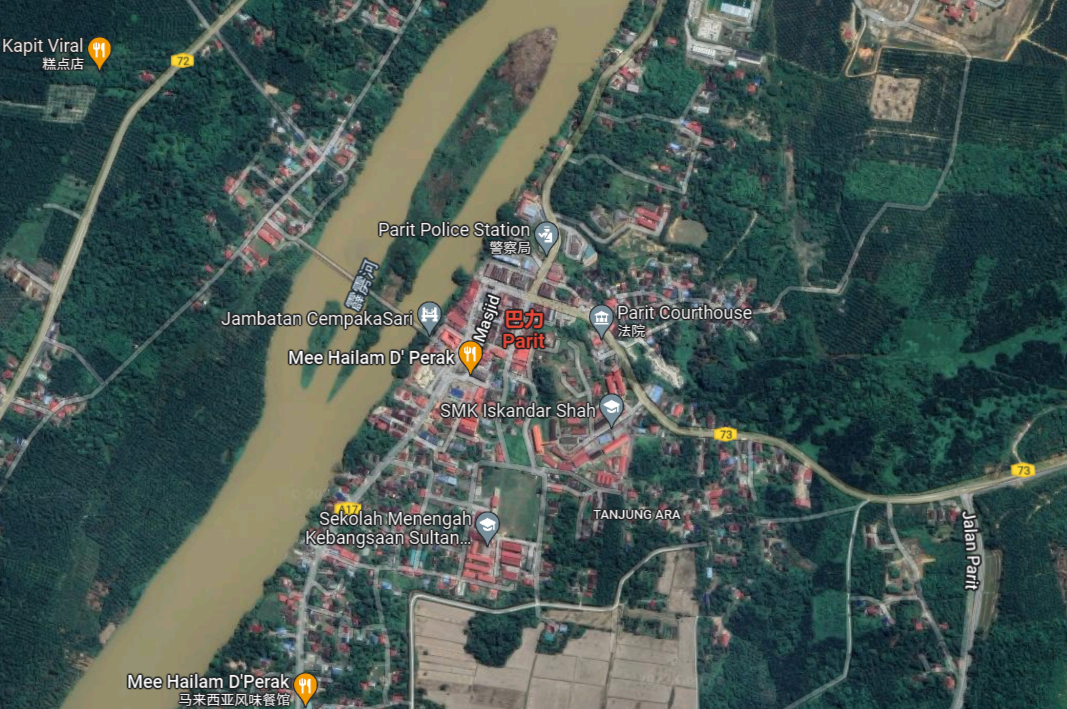
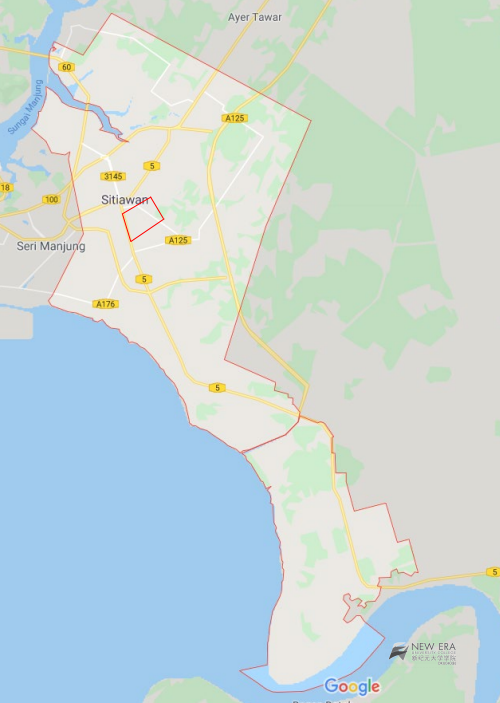
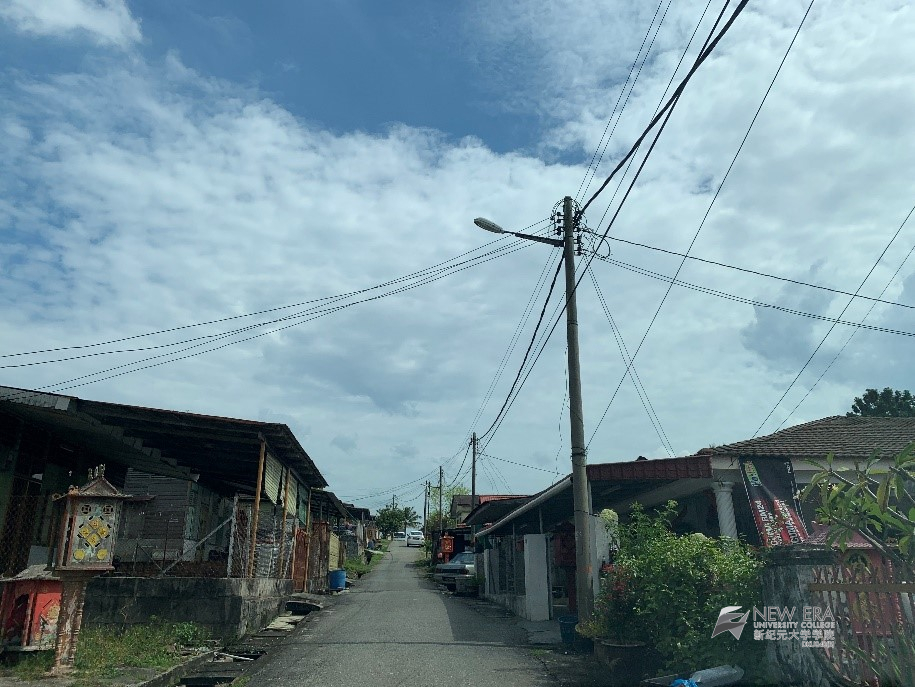


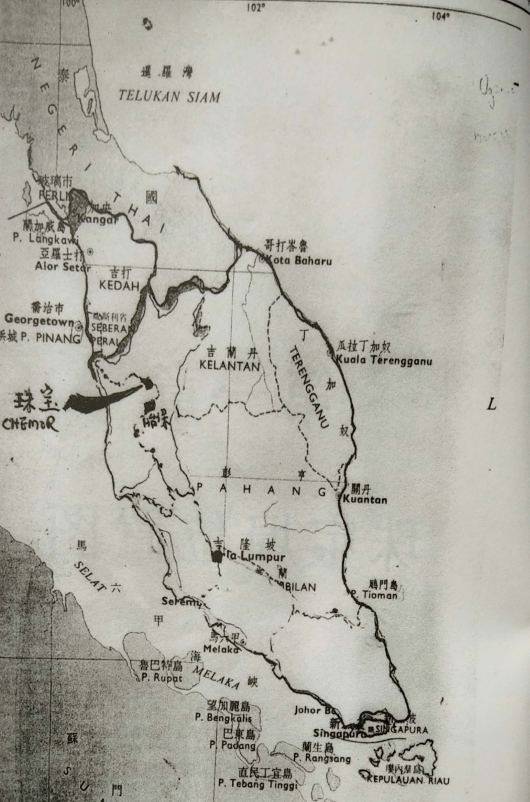
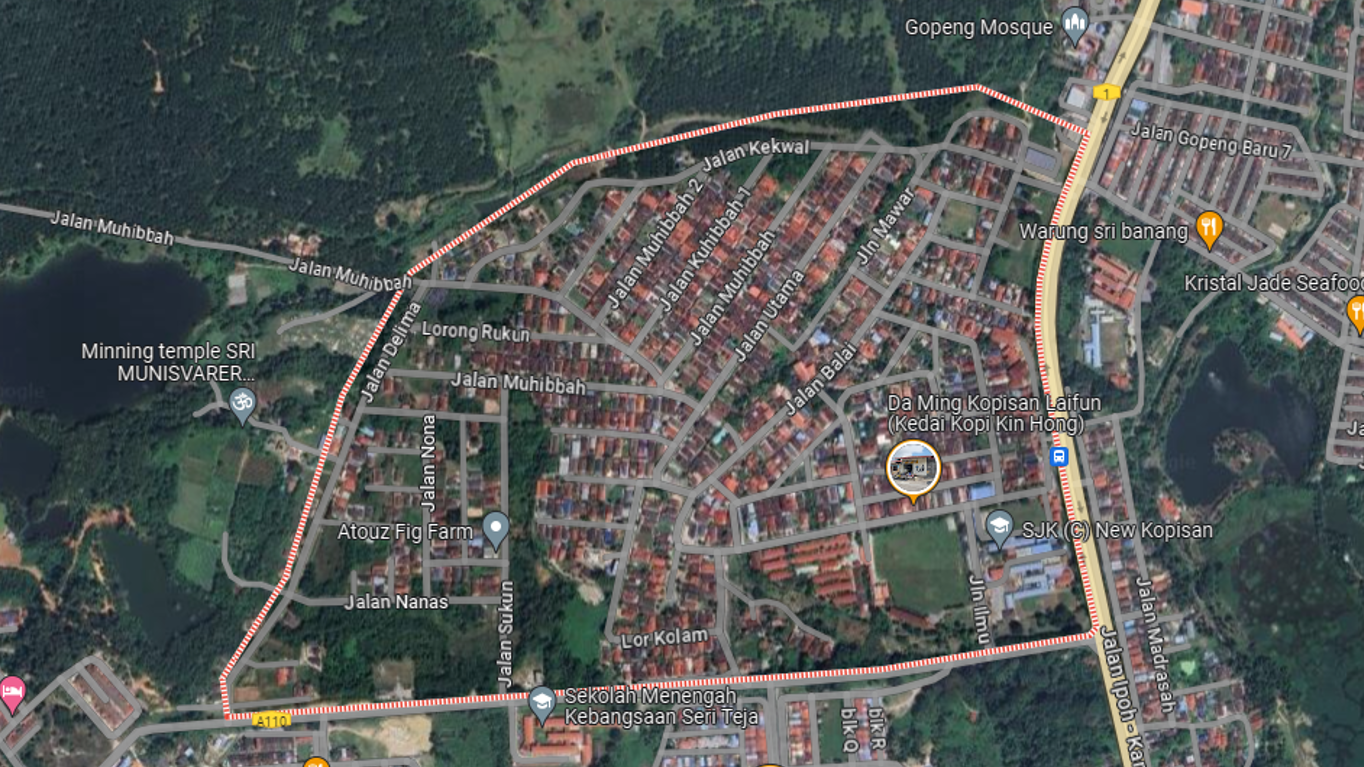
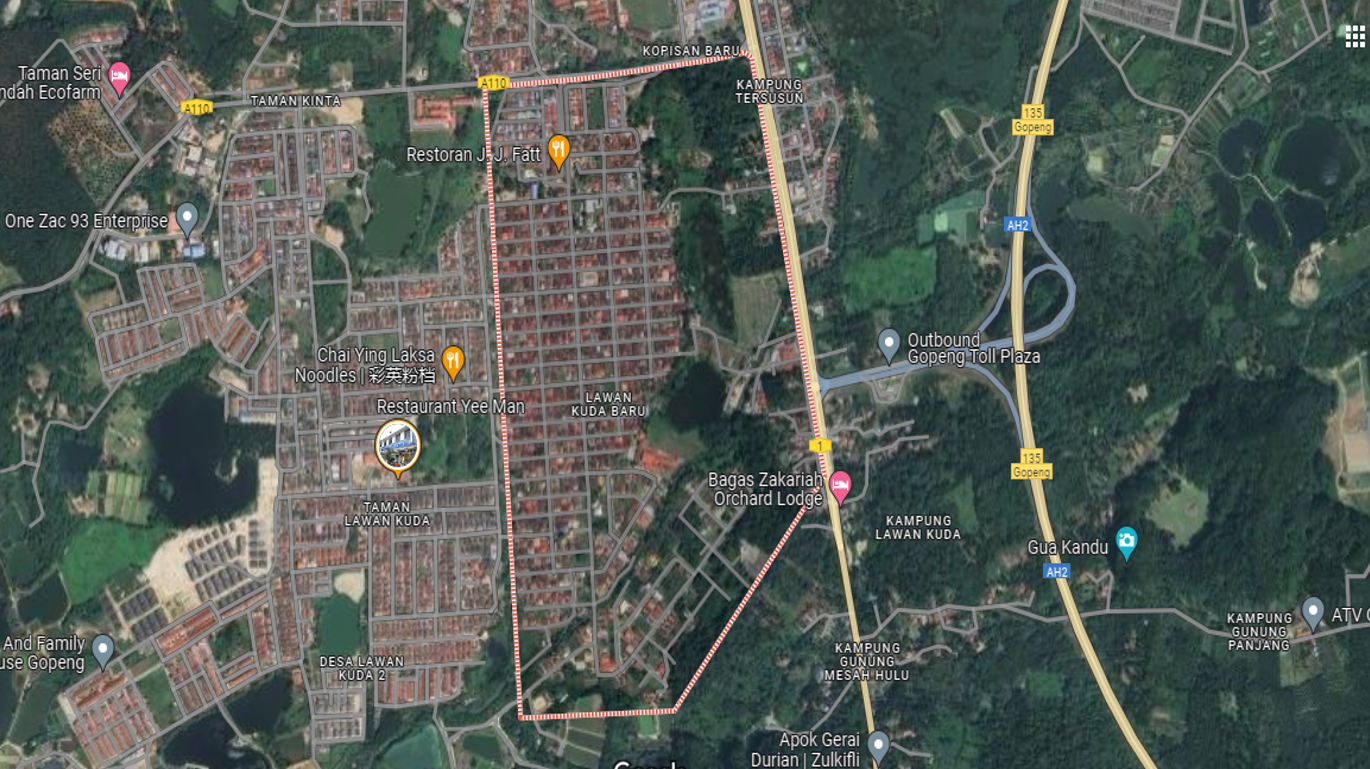
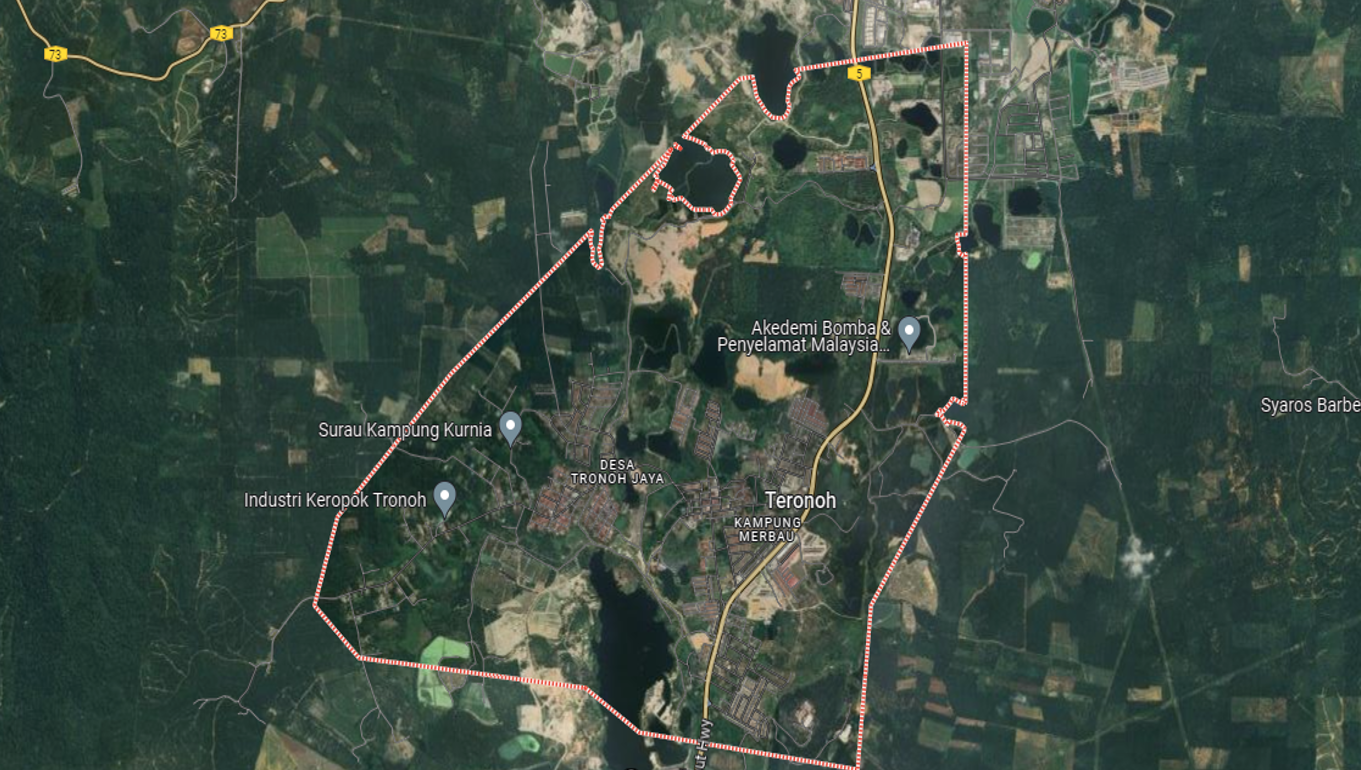
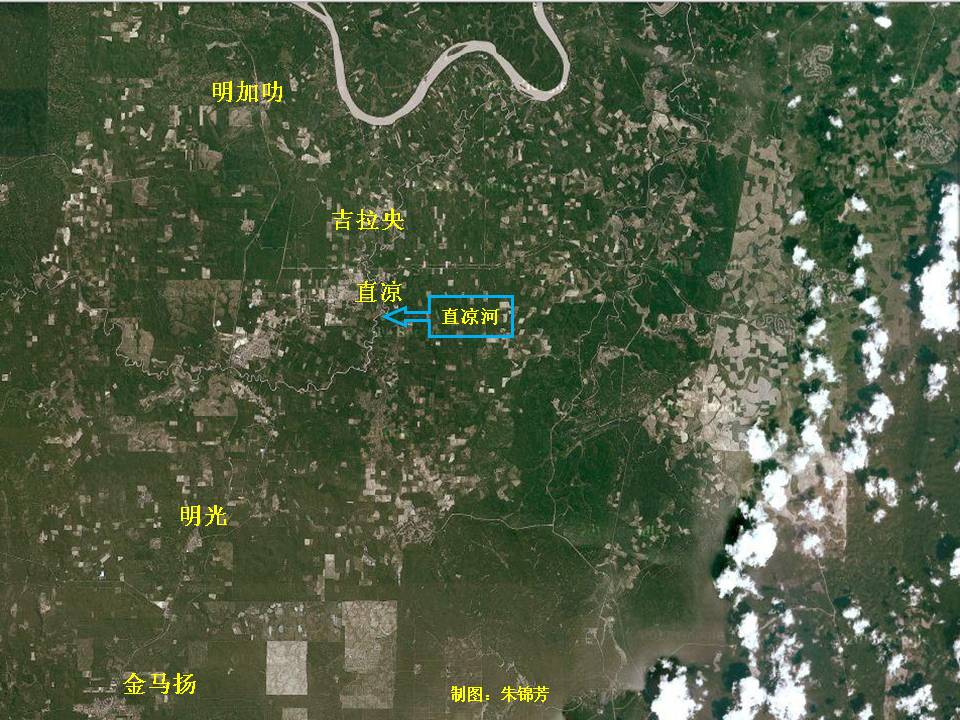
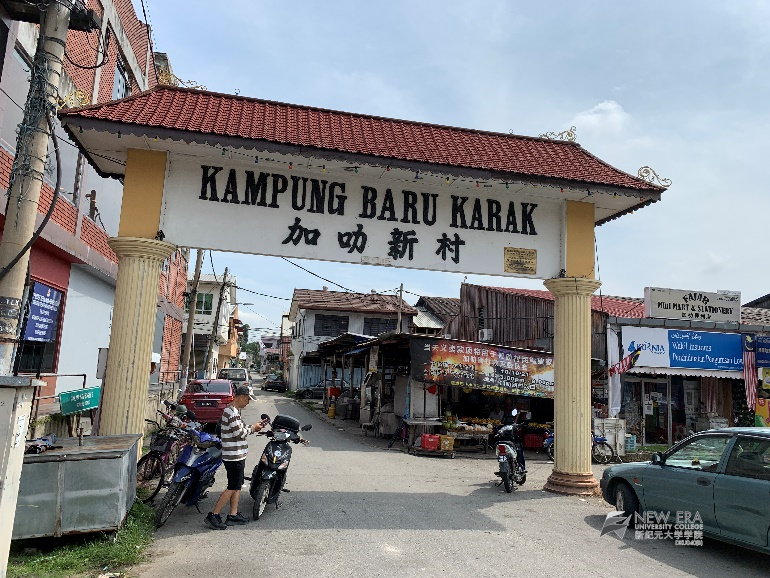
.png)
